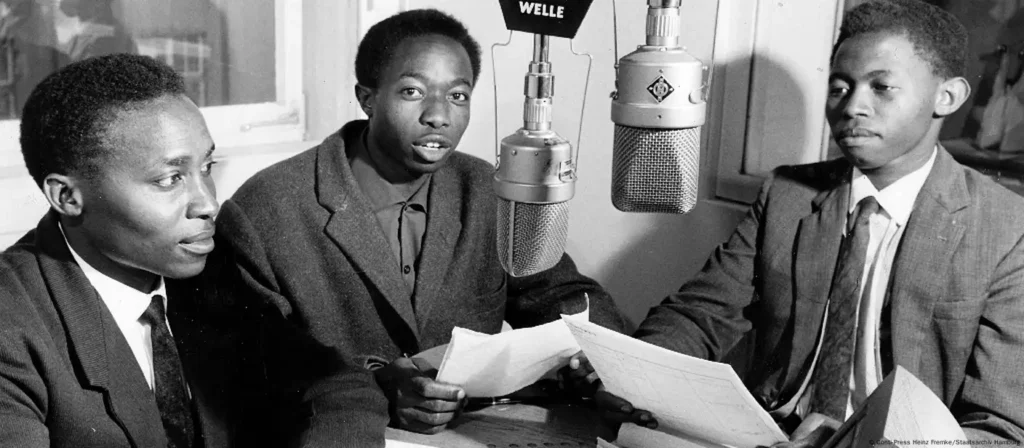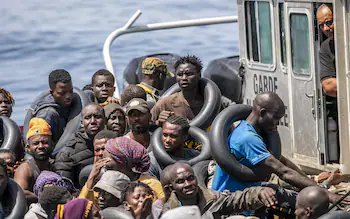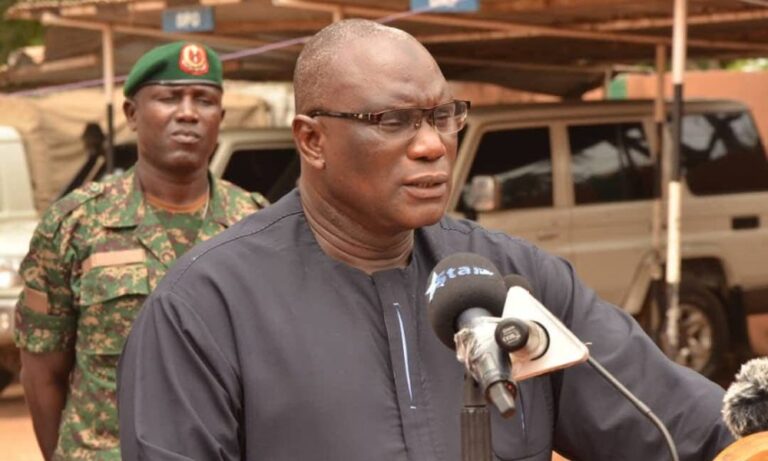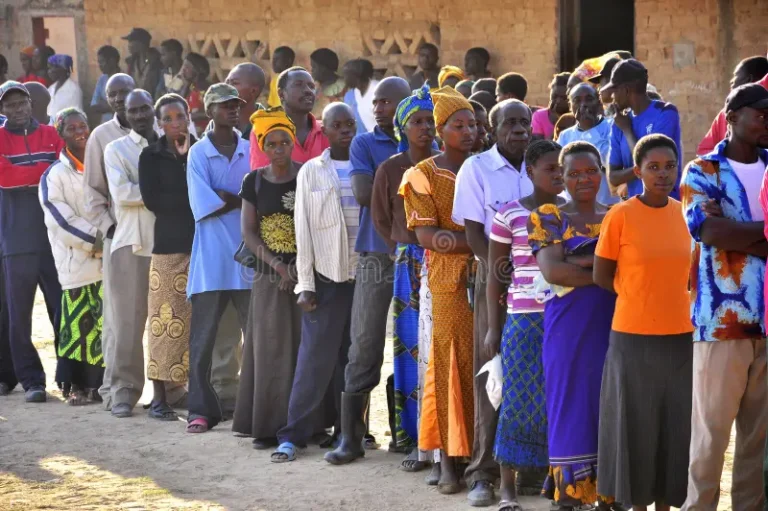DW at 50: How a German radio broadcast gave a voice to lusophone Africa

Fifty years ago, on January 2, 1975, Deutsche Welle (DW) aired its first Portuguese-language radio program aimed at African listeners.
It marked a turning point—not just in international broadcasting, but in giving a voice to countries just emerging from colonial rule.
“We needed authentic voices, that is, voices from the new African countries,” recalled Reinhold Meyer, one of the key architects behind DW Portuguese for Africa.
From his home near Cologne, Meyer, now 81, reflects on a project born during a turbulent era, when Angola, Mozambique, Guinea-Bissau, Cape Verde, and São Tomé and Príncipe were stepping into independence.
“It was the mid-1970s, and PALOP countries had freed themselves from Portuguese colonialism,” he said. “Liberation movements sparked global interest.
At DW, we felt compelled to respond to this new reality.”
Initially, DW’s Portuguese programming catered to Brazil and Portugal. But in 1975, led by journalists like António de Costa Coelho, DW pivoted its editorial scope.
“The goal was to promote Germany, the democratic system, and the values of democracy,” said Costa Coelho.
For many African journalists, DW became a formative experience.
Joaquim Gonçalves, now retired in Angola, fondly recalls colleagues “who will forever remain in my heart.”
Pedro Neto, who interviewed rebel leader Jonas Savimbi during the Angolan civil war, described it as “one of the most significant moments of my professional life.”
DW’s impact wasn’t just journalistic—it was deeply human.
“DW was a family,” said Nélio dos Santos. “Even those on leave would show up at lunch to share stories and jokes.”
As media evolved, so did DW.
From shortwave to podcasts, from handwritten letters to social media, it remained relevant.
“We were the first international broadcaster to use WhatsApp and Facebook Messenger,” said former editor-in-chief Johannes Beck.
Today, led by Marcio Pessôa, DW Africa stays rooted in its mission.
“I’m proud to lead a team that serves democracy and freedom of expression,” he said.
Fifty years on, DW remains a vital bridge between Germany and Lusophone Africa—still listening, still telling the stories that matter.
Source: balai



